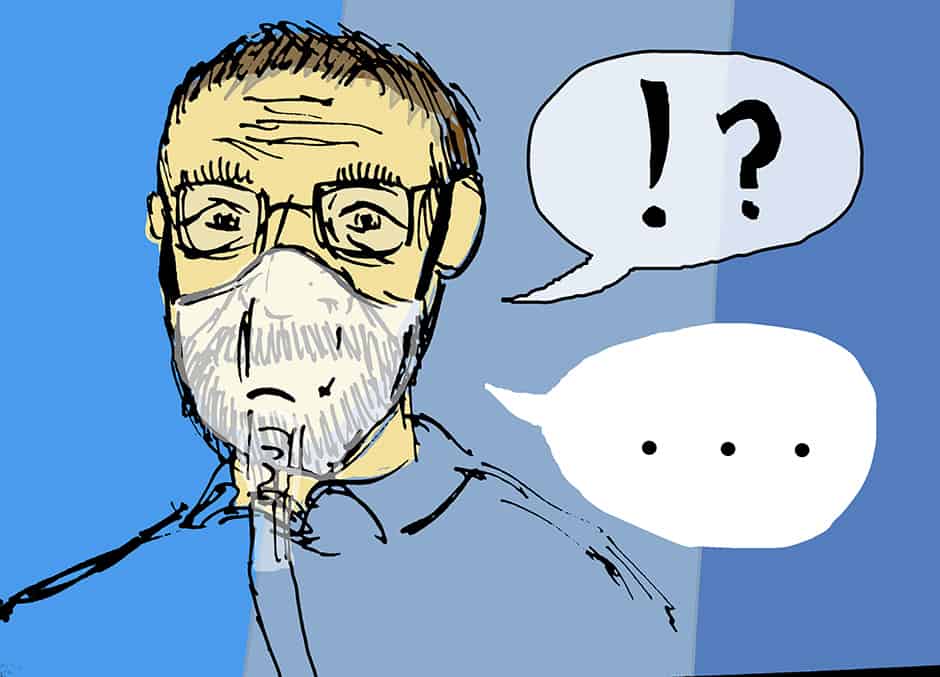Researchers at the University of Toronto’s Faculty of Medicine have discovered how anesthetics result in prolonged memory impairment. Doctors have long been concerned as to why many patients that undergo anesthesia during surgery experience cognitive impairment — especially memory loss.
Some patients experience memory deficits for a few hours after discharge, while about one-tenth of patients suffer cognitive impairments three months after their surgery. These concerns led Dr. Beverly Orser and her team to look at what mechanisms are involved in postoperative memory loss.
“We not only want to ensure our patients are pain free, but also want to optimize the patient’s performance after their surgery,” says Orser, professor at the Department of Anesthesia and Physiology, and anesthesiologist at the Sunnybrook Health Sciences Centre.
Orser adds that, as anesthesiologists focus on the quality of life of their patients, they need to understand the long-term repercussions of anesthetics.
Memory impairment after anesthesia has been linked to the activity of specific inhibitory receptors in the brain. Anesthetics activate these receptors to eliminate any memory during the acute operative period, so patients do not remember the traumatic events of the surgery.
It was thought that once the anesthetic drug is eliminated, the receptor is no longer active. However, Orser and her team found that this receptor can function in rodent models for at least one week after the use of anesthetics. This prolonged receptor activation results in long-term impairments of memory performance after general anesthesia.
The study, published in the Journal of Clinical Investigation, was led by PhD candidate Agneiszka Zurek. In the experiment, healthy mice were given a low dose of anesthetics for 20 minutes. A single injection of the anesthetic etomidate kept the specific receptor active for at least one week after. These results provide an explanation for the postoperative long-term effects of general anesthetics that many patients experience.
During anesthesia, the increased activity of the receptor studied causes an acute memory blockade. The activity mostly results in deficits in anterograde memory — the memory essential for the formation of new memories. Memory deficits long after the surgery have led to reduced quality of life, loss of independence, and increased mortality.
The likelihood that cognitive impairments are experienced after anesthesia depends on the patient’s age, health, type of surgery, and the anesthetic. The occurrence of these impairments is highest in the elderly and those undergoing major surgery or more intricate procedures.
“Now that we understand the molecular biology, we are able to validate patients’ concerns and prepare them for these post-surgical deficit,” says Orser. She recommends that patients write everything down or bring a family member with them after surgery. For high-risk patients, it is essential that physicians notify them about possible postoperative effects.
Orser says that upcoming research will focus on optimizing the use of currently available drugs, as well as repurposing exisiting drugs towards reducing postoperative effects.


